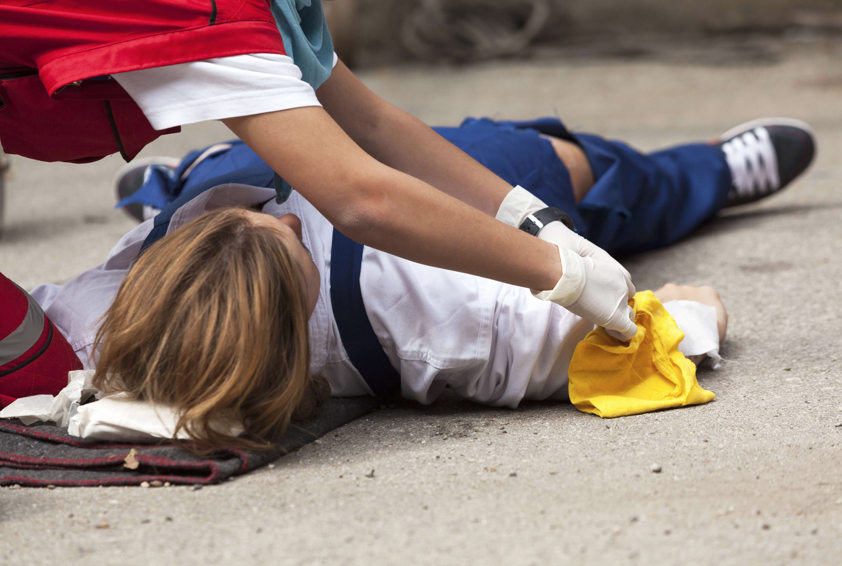
What are Crush Injuries?
Crush injuries occur when a part of the body is subjected to a significant amount of force or pressure, resulting in damage to the underlying tissues, muscles, nerves, and bones. These injuries can vary in severity, ranging from minor bruises and contusions to more severe injuries such as fractures, compartment syndrome, or crush syndrome.
How are Crush Injuries treated?
The treatment of crush injuries depends on the severity and extent of the injury. In milder cases, treatment may involve rest, ice, compression, and elevation (RICE therapy) to reduce swelling and pain. For more severe injuries, such as fractures or compartment syndrome, surgical intervention may be necessary to repair damaged tissues, stabilize fractures, or decompress swollen compartments.
Who is a candidate for treatment of Crush Injuries?
Individuals who have sustained crush injuries, whether due to accidents, falls, machinery accidents, or other traumatic events, may be candidates for treatment. Common symptoms of crush injuries include pain, swelling, bruising, numbness, tingling, or difficulty moving the affected area. A consultation with a qualified healthcare provider is essential to determine the extent of the injury and recommend appropriate treatment.
What are the benefits of treating Crush Injuries?
Treating crush injuries offers numerous benefits for individuals seeking to recover from traumatic accidents or events. Proper treatment can help alleviate pain, reduce swelling, promote healing, and prevent complications such as infection or long-term disability. By addressing crush injuries promptly and effectively, individuals can regain function and mobility in the affected area and improve overall quality of life.
What is the recovery process like after treatment of Crush Injuries?
Recovery from crush injuries can vary depending on the severity and extent of the injury, as well as individual healing factors. Patients may require immobilization, physical therapy, or occupational therapy to regain strength, mobility, and function in the affected area. It's essential to follow post-treatment instructions provided by the healthcare provider, including activity modifications and follow-up appointments to monitor healing and address any complications.
What are the risks and complications associated with treatment of Crush Injuries?
Like any medical procedure, treatment of crush injuries carries certain risks and complications. These may include infection, bleeding, delayed wound healing, nerve damage, or loss of function in the affected area. Additionally, individuals with severe crush injuries may be at increased risk for long-term complications such as chronic pain, disability, or post-traumatic stress disorder.
Why choose VMG Hospital for treatment of Crush Injuries?
VMG Hospital in Hisar, Haryana, is a trusted provider of comprehensive care and treatment for individuals with crush injuries. Our team of skilled healthcare professionals has extensive experience in managing traumatic injuries, including crush injuries, ensuring timely and effective treatment to optimize outcomes. With state-of-the-art facilities and a multidisciplinary approach, VMG Hospital is committed to delivering compassionate care and helping patients recover from crush injuries.